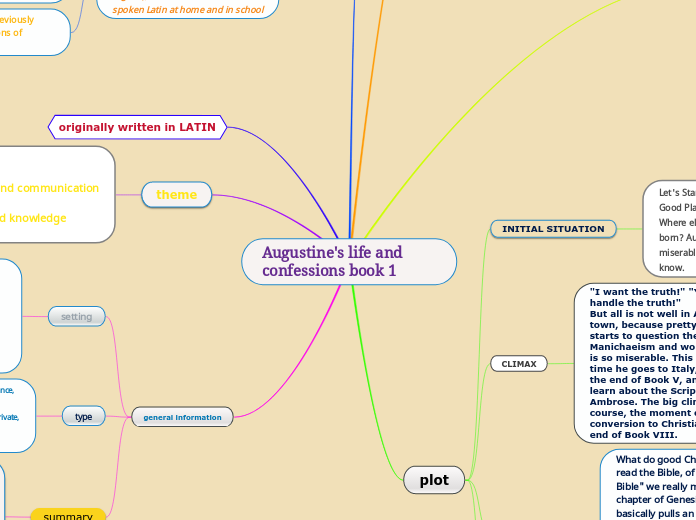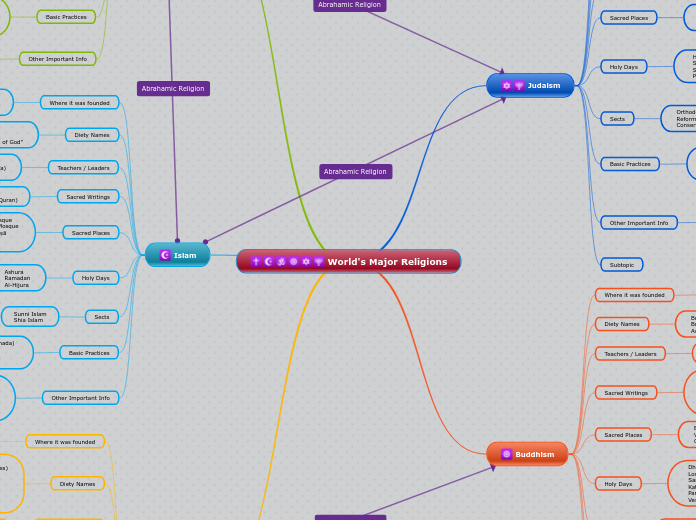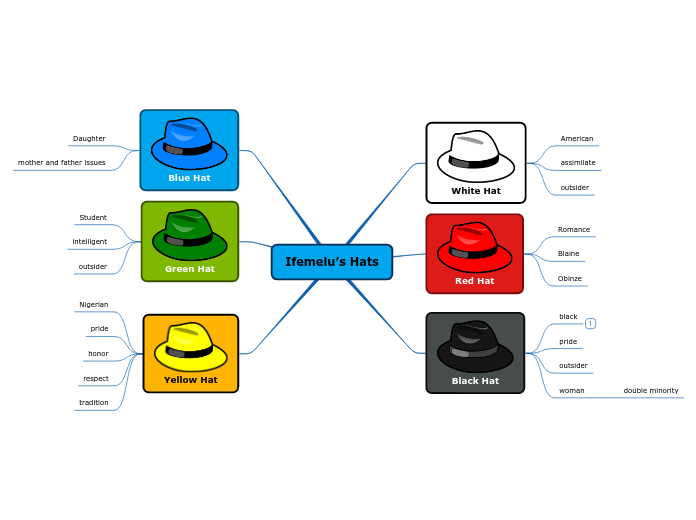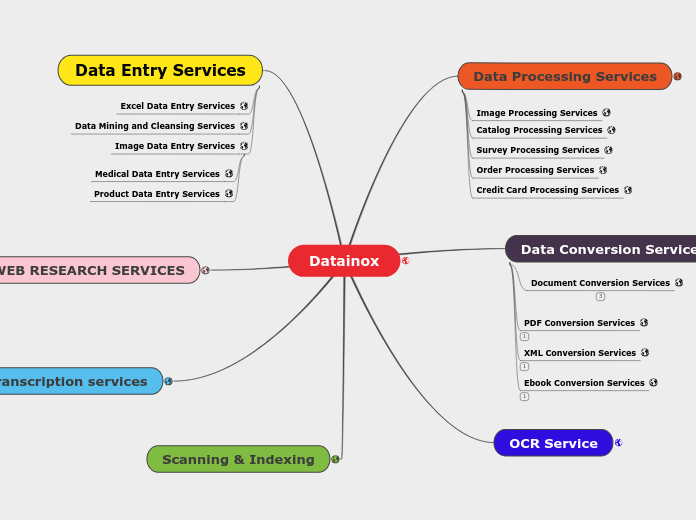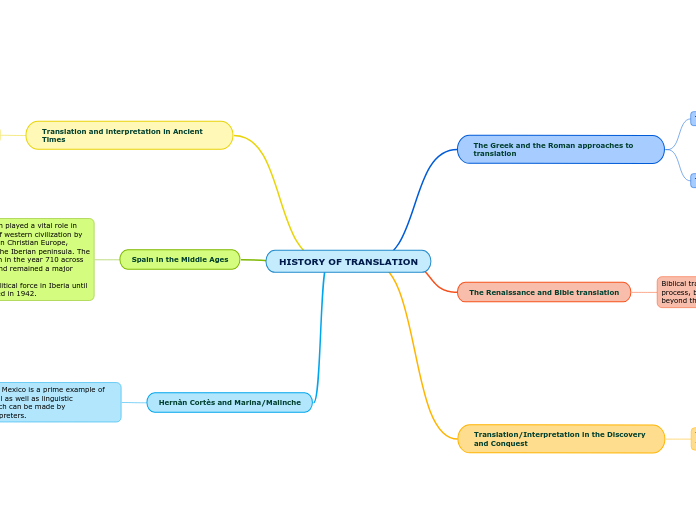jonka Talatova Bonu 3 vuotta sitten
189
Augustine's life and confessions book 1
Augustine's life takes center stage in his autobiographical work, where he meticulously chronicles his journey from a life riddled with sin to one of devout Christianity. Despite his conversion, Augustine continues to grapple with his sinful tendencies, a theme he explores in depth in the later books of his confessions.
